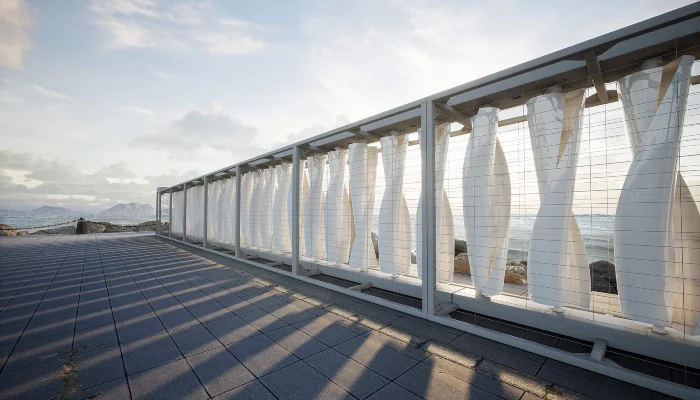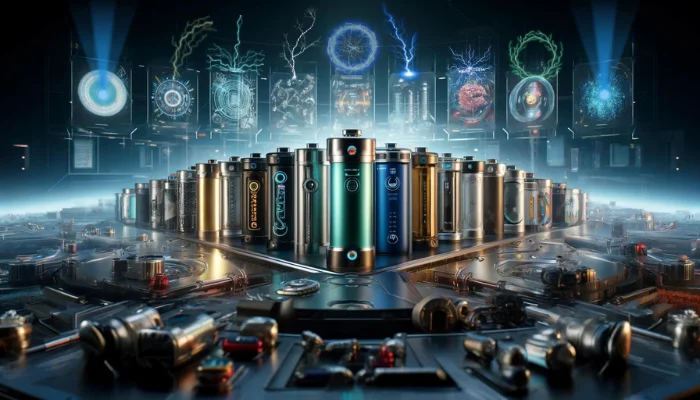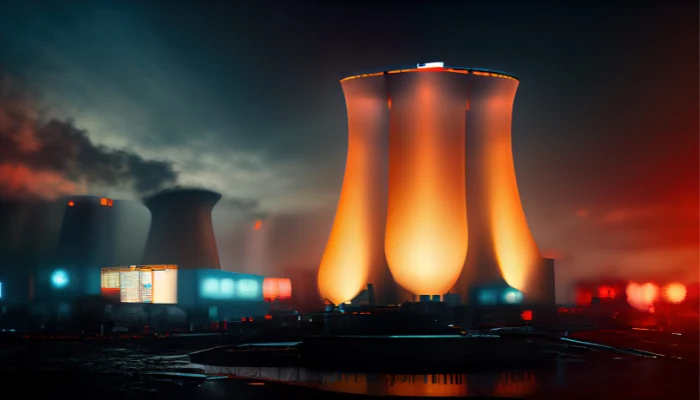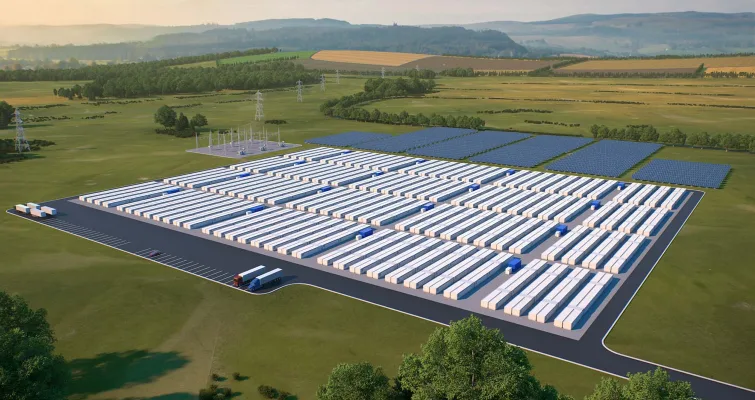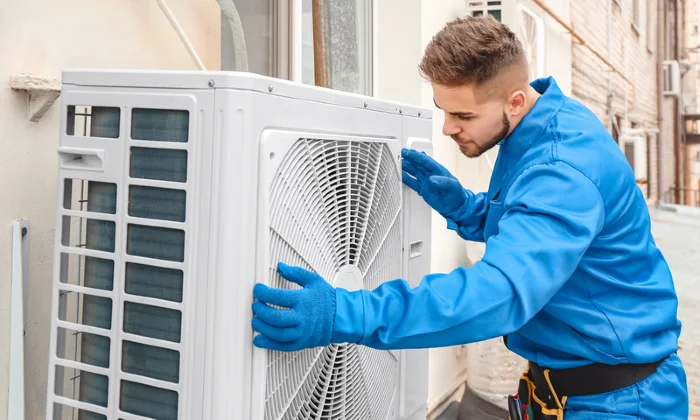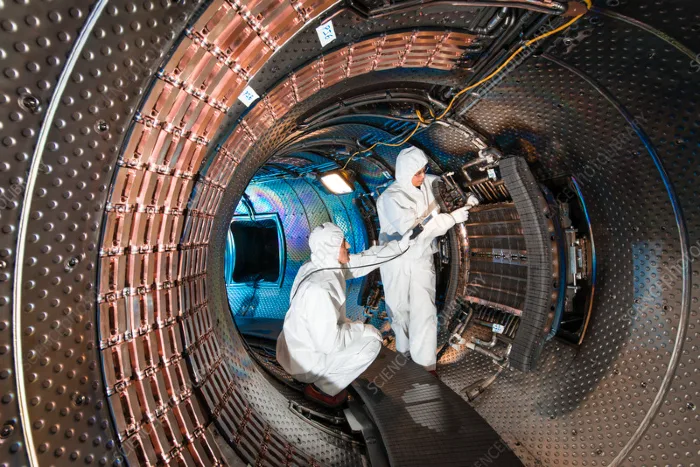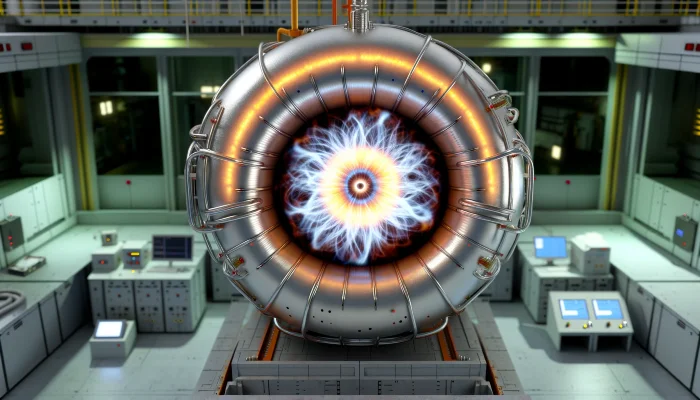The legacy of Siemens, a titan in the history of electricity, has hit a turbulent patch with its recent foray into wind energy. What began in a Berlin workshop in 1847 as an innovative electric telegraph company has grown into an industrial giant. Over the centuries, Siemens has manufactured a wide range of products, from light bulbs to large turbines. However, Siemens AG’s latest iteration, dealing with renewable energy, particularly wind turbines, is facing significant challenges.
In 2017, Siemens made a strategic move to dominate the offshore wind turbine market by acquiring the Spanish company Gamesa SA.
Then-CEO Joe Kaeser heralded the merger for its “clear and compelling industrial logic.”
Yet, six years later, the green energy gamble has encountered unexpected difficulties. A manufacturing defect in thousands of wind turbines has left Siemens Energy AG grappling with a staggering repair bill estimated at a minimum of €1.6 billion, alongside a foreboding net loss of about €4.5 billion for the year.

The company’s tribulations have been compounded by Siemens AG’s decision to step back, forcing Siemens Energy to seek a substantial government-backed financial safety net of €16 billion. The wind turbine malfunction has cast a shadow over Siemens Energy’s otherwise profitable ventures, including its impressive €110 billion order backlog. The financial strain has necessitated assistance for guarantees essential for winning sizeable electricity grid or gas turbine construction contracts.
Investors have responded to this uncertainty with apprehension, leading to a significant devaluation of Siemens Energy’s stock – the second of such occurrences this year.
Claudia Kemfert of the German Institute for Economic Research in Berlin has noted, “Siemens Gamesa is tragic, but not emblematic of the wind industry as a whole.” This suggests that while Siemens Energy faces a unique set of issues, it doesn’t necessarily reflect the health of the wind industry at large.
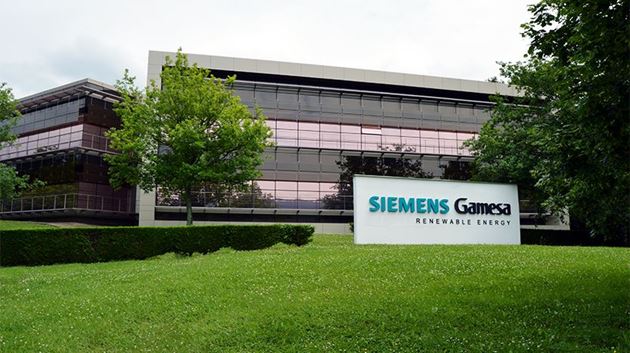
The request for loan guarantees indicates a growing reluctance among banks to engage with Siemens Energy, as noted by Citigroup analysts. The company’s plea for help, although considerable, is dwarfed by Germany’s massive €33 billion bailout of gas supplier Uniper SE following Russia’s halt in gas deliveries – a financial aid package Uniper is preparing to repay.
The challenges facing Siemens Energy are symptomatic of broader issues within Germany’s industrial sector during this green transition. For instance, Volkswagen AG has tempered its electric vehicle ambitions following less successful model launches. Similarly, BASF SE is hesitating on new investments in the country post the cut-off of cheap Russian gas.
Germany’s energy transition is proving to be uneven. The country has shut down its last nuclear reactors and is moving away from coal dependence. However, the adoption of renewable energy isn’t keeping pace with the government’s goal of achieving 80% clean power production by 2030.
Siemens Energy’s troubles have escalated since the acquisition of Gamesa, exacerbated by a lack of experience with onshore turbines and cultural clashes within the merged entities. The rushed release of the new onshore wind turbine model, the 5.X, has been problematic, with the turbines prone to breakdowns due to component twisting over time. Despite efforts to remedy these issues, Siemens Energy has yet to resolve them fully, further troubled by fierce competition and price undercutting from Chinese manufacturers.
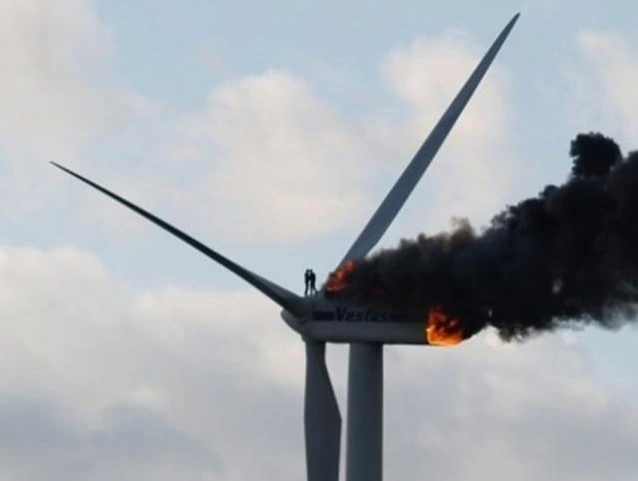
Establishing new wind parks has become increasingly complex, with resistance from local communities and bureaucratic hurdles. Many industry suppliers are burdened with contracts that are no longer profitable. Danish developer Orsted A/S recently faced a setback when New York regulators rejected contract adjustments for offshore wind farms affected by rising material costs and inflation.
And just days ago, Orsted announced it would not be moving forward on the $300 million guaranteed wind farm off the coast of the New Jersey.
The predicament of Siemens Energy reflects a sector in distress, as noted by Milan Nitzschke, managing director of SL NaturEnergie. He emphasizes that turbine manufacturers require political support to avoid shifting production to Asia, where costs are lower.
More To Discover
Siemens Energy’s situation serves as a cautionary tale within the broader narrative of Germany’s energy transition. The country’s ambitious move toward renewables isn’t without its challenges, and the journey to a sustainable energy future remains fraught with both technological and economic obstacles.
“Regardless of individual causes, the example of Siemens Energy shows that German and European manufacturers of wind turbines are facing huge challenges,” said Milan Nitzschke, managing director of SL NaturEnergie, a company that develops and operates wind parks. Turbine producers need political backing, “otherwise they will further outsource production to Asia.”









